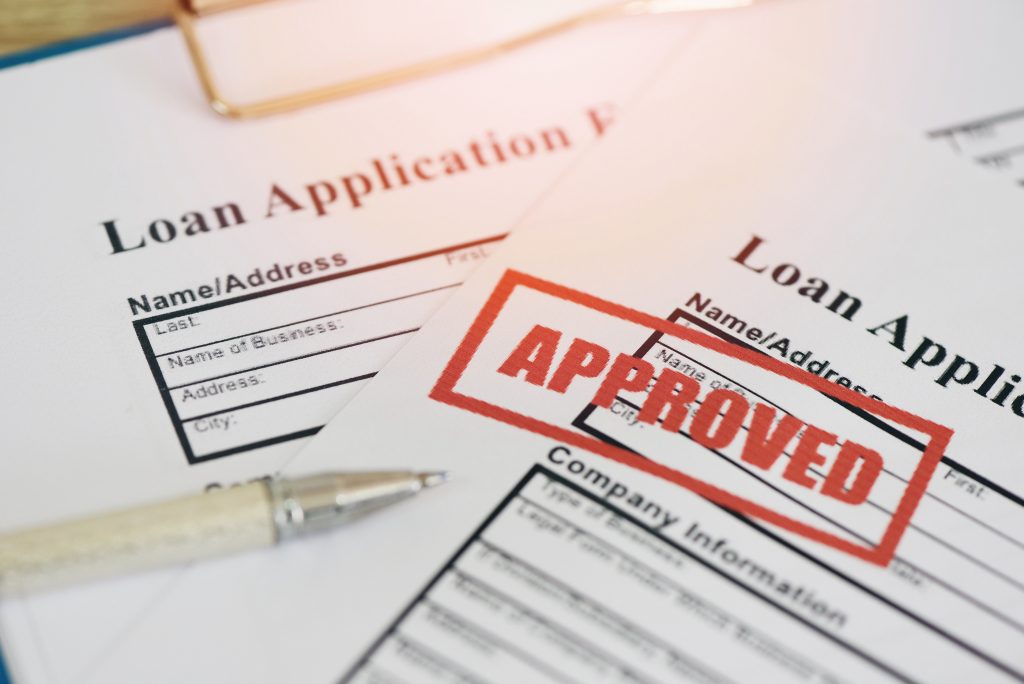
Many people find themselves in need of quick cash to either deal with an unforeseen expense, tackling debt, or financing a home improvement project. There are many options available, but not all of them are optimal for people who want to practice fiscal responsibility. One way many people have addressed financial freedom is through personal loans. According to statistics, more than 20 percent of Americans currently have a personal loan.
Many financial institutions offer personal loans to individuals. Keep in mind that a personal loan is much different than a payday loan, which you should avoid since they often have very high interest rates that can push you further into debt. In addition, personal loans can be a good counterpoint to credit cards, which can also add to financial woes and affect your credit score.
Find out more with this personal loan FAQ and make sure to discuss your situation with a trusted lender before a final decision:
There is no ironclad reason for wanting a personal loan. Individual reasons may vary, but the benefit of these types of loans is that they don’t require any collateral to acquire money, making it a better option for those without a home or other large assets to put up.
People get personal loans for a variety of uses. Some of them include:
If a financial institution does a credit check as part of your personal loan application, it will cause a slight dip in your credit score. But if you’re wondering whether personal loans affect credit scores in a positive way, the answer is yes. If you are approved for a personal loan, and you pay the installments back on time, your credit score will begin to increase at a steady rate. A personal loan is a solid way to receive the critical funds you need and begin to rebuild your credit score if it is lower than average.
Before you fill out an application, check your credit score and request a copy of your credit report from the three main bureaus. This will help you identify any errors or inaccuracies that may lower your score or lead to a loan application denial.
Once your credit score has been determined, collect the following documents for review:
Depending on the lender and your reason for applying for a loan, you may also be asked to provide other documentation and information not listed above to help with the personal loan underwriting process. Some of this may be required when you make the initial application, while other information may be requested while your application is being processed.
If you’re in a rush, the personal loan process is ideal. Some online lenders can get back with approvals in one day and a few can have a decision in as fast as 30 minutes! Banks and credit unions usually take a little longer to process all the paperwork and make a decision. It could take up to a week in that case. The approval process depends on the amount being loaned, credit history, and whether you have an existing relationship with the lending institution.